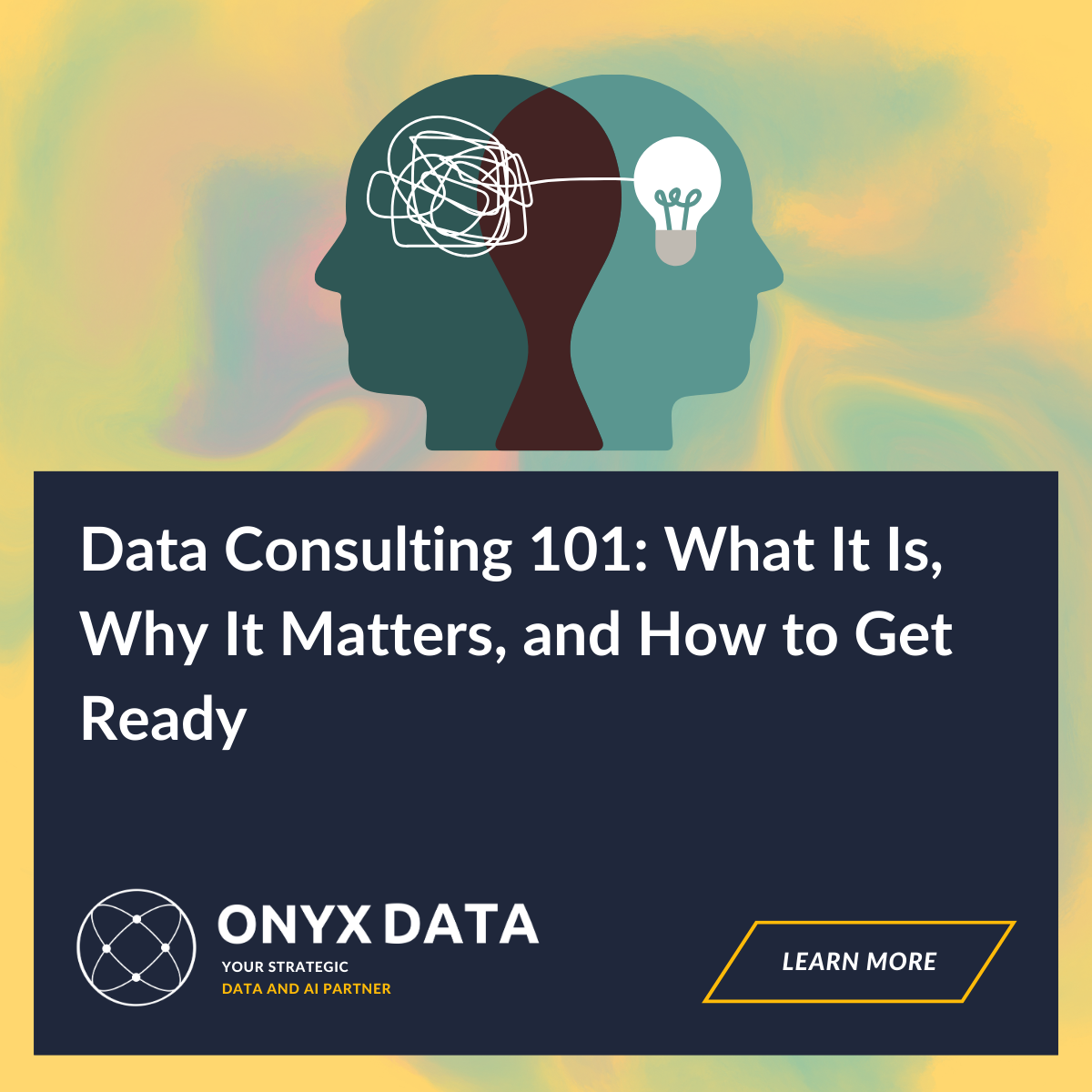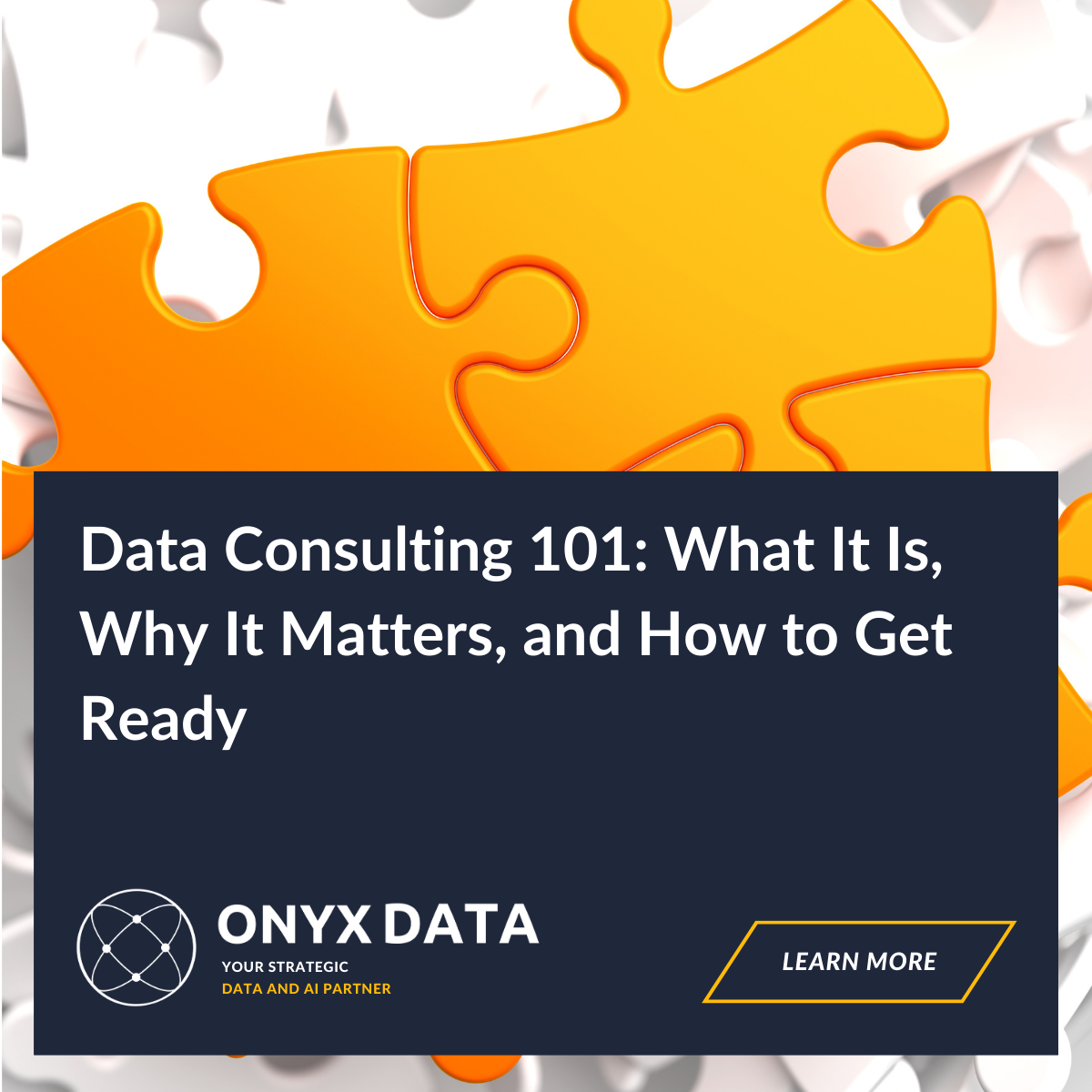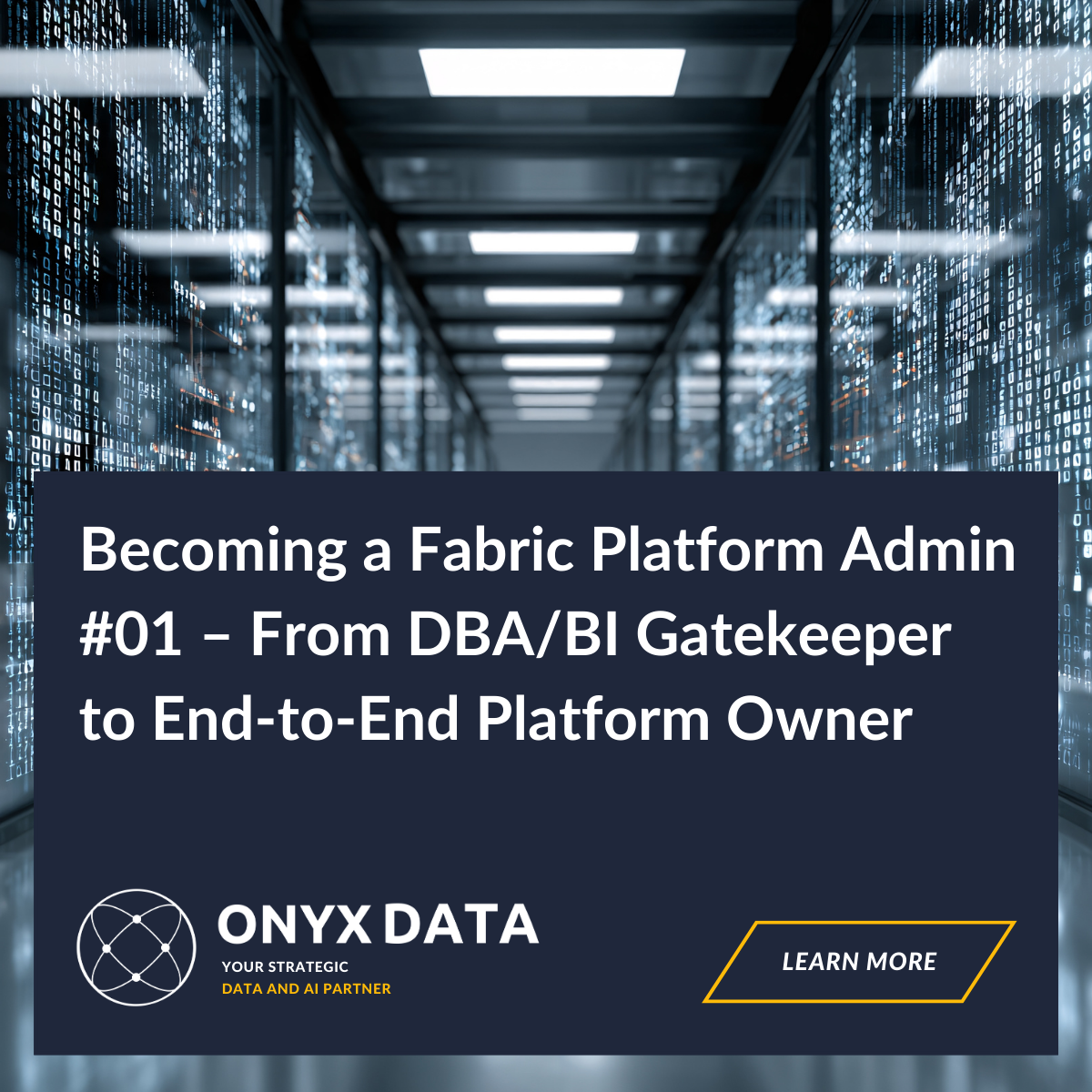Can a Machine Know That We Know What It Knows?
How does artificial intelligence affect the human mindset?
Artificial intelligence (AI) is rapidly changing the world, and our mindsets are no exception. AI is already having a major impact on the way we work, live, and interact with the world around us.
On the one hand, AI is making our lives easier and more efficient. For example, AI-powered chatbots can provide customer service and answer questions 24/7. AI-powered algorithms can help us to make better decisions, such as which products to buy or which investments to make.
On the other hand, AI is also raising some concerns about the future. For example, some people worry that AI will eventually become so intelligent that it will surpass human intelligence and take over the world. Others worry that AI will lead to mass unemployment, as machines become capable of doing many of the jobs that are currently done by humans.
Overall, the impact of AI on the human mindset is complex and multifaceted. AI is making our lives easier and more efficient in many ways, but it is also raising some concerns about the future.
Does AI have a mind?
Whether or not AI has a mind is a complex and philosophical question. There is no one agreed-upon definition of what a mind is, so it is difficult to say definitively whether or not AI has one.
However, some experts believe that AI could eventually develop minds that are comparable to those of humans. These experts argue that as AI becomes more intelligent and capable, it will eventually become able to think, feel, and experience the world in a similar way to humans.
Other experts are more skeptical about the possibility of AI developing minds. They argue that there is something fundamentally different about human intelligence that cannot be replicated by machines.
Ultimately, the question of whether or not AI has a mind is one that is likely to be debated for many years to come.
Is artificial intelligence connected to cognitive science?
Yes, artificial intelligence is connected to cognitive science. Cognitive science is the study of the mind and how it works. AI researchers often draw on insights from cognitive science to develop new AI algorithms and systems.
For example, many AI algorithms are based on the way that the human brain processes information. Neural networks are inspired by the structure and function of the human brain.
Cognitive science can also help AI researchers to understand the limitations of AI systems. Cognitive scientists have shown that humans are very good at understanding and reasoning about complex situations. This is something that AI systems still struggle to do.
Could artificial intelligence produce a human mind?
This is a question that is still being debated by experts. Some experts believe that it is possible that AI could eventually produce a human mind. Others believe that there is something fundamentally different about the human mind that cannot be replicated by machines.
There are a number of challenges that would need to be overcome before AI could produce a human mind. One challenge is that we still do not fully understand how the human mind works. Another challenge is that AI systems are currently very limited in their ability to understand and reason about complex situations.
Despite these challenges, some experts believe that it is possible that AI could eventually produce a human mind. They argue that as AI becomes more intelligent and capable, it will eventually become able to replicate the human mind.
What types of artificial intelligence are there?
There are many different types of artificial intelligence. Some of the most common types of AI include:
- Machine learning: Machine learning algorithms are able to learn from data and make predictions without being explicitly programmed.
- Deep learning: Deep learning is a type of machine learning that uses artificial neural networks to learn from data.
- Natural language processing: Natural language processing algorithms are able to understand and generate human language.
- Computer vision: Computer vision algorithms are able to recognise and classify objects in images and videos.
- Robotics: Robotics is the field of computer science that deals with the design, construction, operation, and application of robots.
How can a person mix there mind with artificial intelligence?
There are a number of ways that a person can mix their mind with artificial intelligence. One way is to use brain-computer interfaces (BCIs). BCIs are devices that allow humans to communicate with computers directly using their brain signals.
Another way to mix the mind with AI is to use wearable devices. Wearable devices such as smart glasses and smartwatches can collect data about the user’s environment and activities. This data can then be used to power AI algorithms that can provide the user with personalised information and recommendations
Artificial intelligence is a rapidly changing field with the potential to revolutionise many aspects of our lives. While the question of whether or not AI can have a mind is still being debated, there is no doubt that AI is already having a significant impact on the human mindset.
As AI continues to develop, it is important for us to think carefully about how we want to use it. We need to ensure that AI is used in a way that benefits humanity and does not cause harm.
We at Onyx Data are excited to be developing products that have the potential to make a positive impact on the world. Our goal is to create AI that is helpful, reliable, and trustworthy. We believe that AI has the potential to make our lives better, and we are committed to developing AI in a responsible and ethical way.
**To learn more about our AI products, please visit our website at https://onyxdata.co.uk/
Want to find out more?
Interested in learning more about AI and how we Onyx Data use it to transform businesses? Contact us today to get in touch with our team of experts. Whether you have specific questions, need additional details, or want to explore customised data solutions tailored to your needs, we’re here to assist you every step of the way. Embrace the future of data-driven success with Onyx. Reach out now!
Sources








